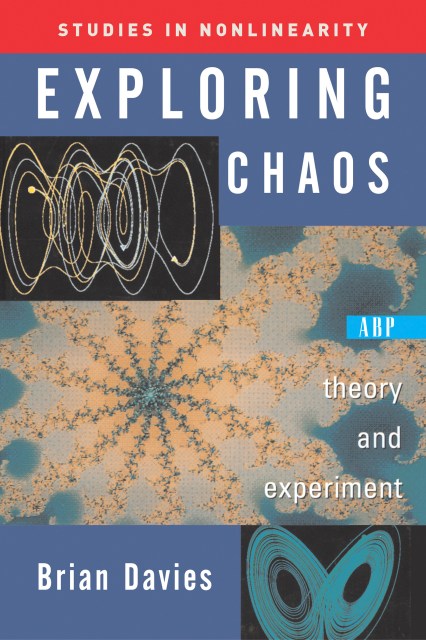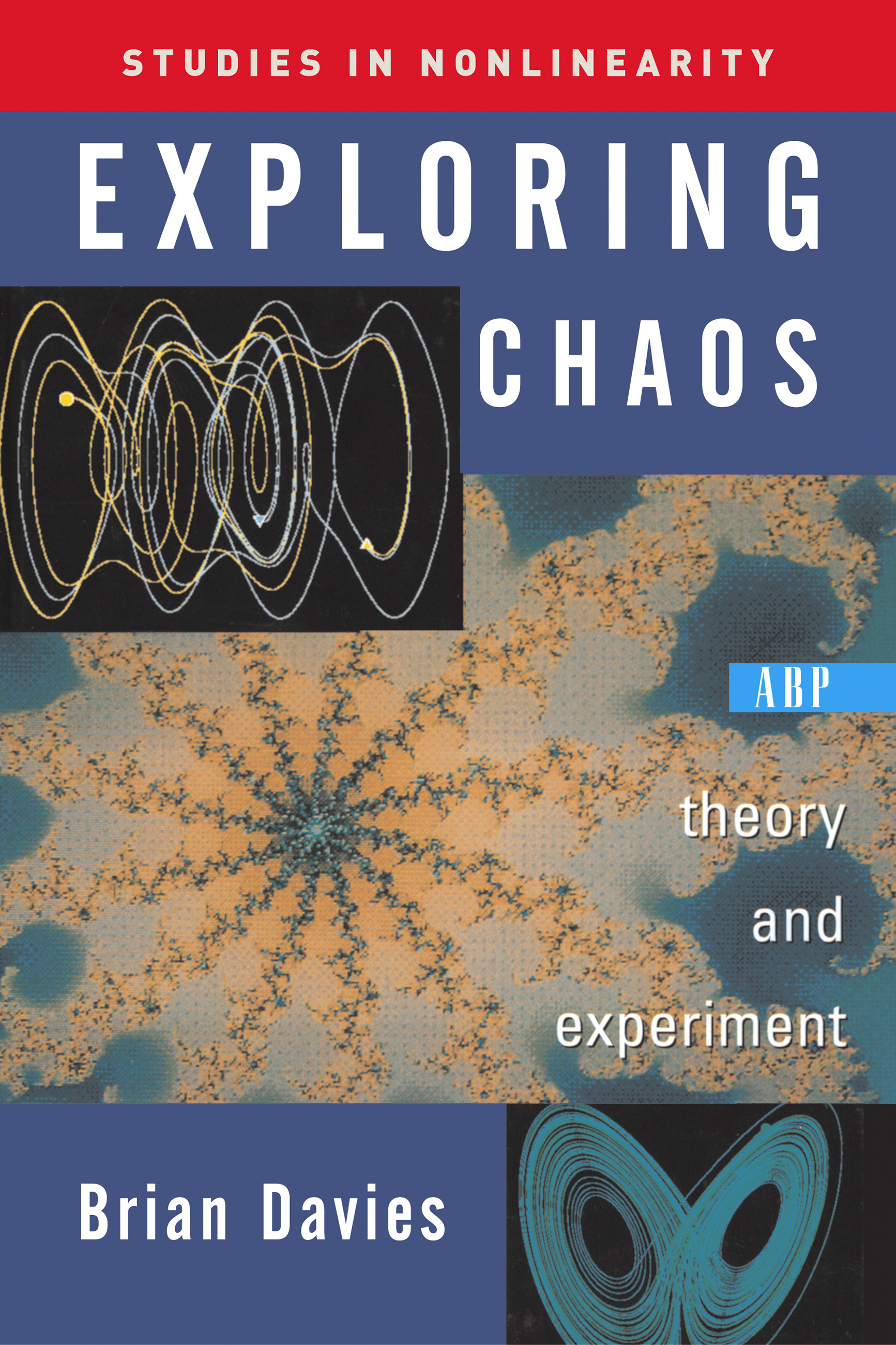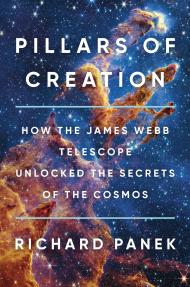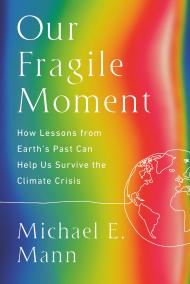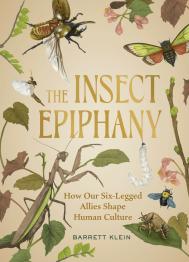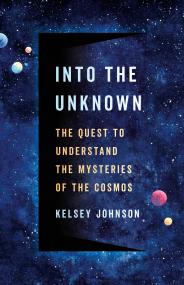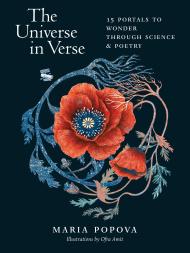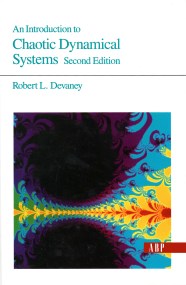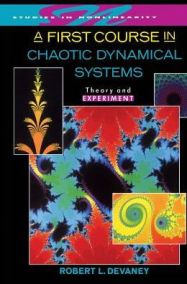By clicking “Accept,” you agree to the use of cookies and similar technologies on your device as set forth in our Cookie Policy and our Privacy Policy. Please note that certain cookies are essential for this website to function properly and do not require user consent to be deployed.
Exploring Chaos
Theory And Experiment
Contributors
By Brian Davies
Formats and Prices
Price
$52.00Format
Format:
Trade Paperback $52.00This item is a preorder. Your payment method will be charged immediately, and the product is expected to ship on or around October 10, 2003. This date is subject to change due to shipping delays beyond our control.
Also available from:
This book presents elements of the theory of chaos in dynamical systems in a framework of theoretical understanding coupled with numerical and graphical experimentation. The theory is developed using only elementary calculus and algebra, and includes dynamics of one-and two-dimensional maps, periodic orbits, stability and its quantification, chaotic behavior, and bifurcation theory of one-dimensional systems. There is an introduction to the theory of fractals, with an emphasis on the importance of scaling, and a concluding chapter on ordinary differential equations. The accompanying software, written in Java, is available online (see link below). The program enables students to carry out their own quantitative experiments on a variety of nonlinear systems, including the analysis of fixed points of compositions of maps, calculation of Fourier spectra and Lyapunov exponents, and box counting for two-dimensional maps. It also provides for visualizing orbits, final state and bifurcation diagrams, Fourier spectra and Lyapunov exponents, basins of attractions, three-dimensional orbits, Poincaré sections, and return maps. Please visit http://www.maths.anu.edu.au/~briand/chaos/ for the integrated cross-platform software.
Genre:
Series:
- On Sale
- Oct 10, 2003
- Page Count
- 256 pages
- Publisher
- Avalon Publishing
- ISBN-13
- 9780813341279
Newsletter Signup
By clicking ‘Sign Up,’ I acknowledge that I have read and agree to Hachette Book Group’s Privacy Policy and Terms of Use
